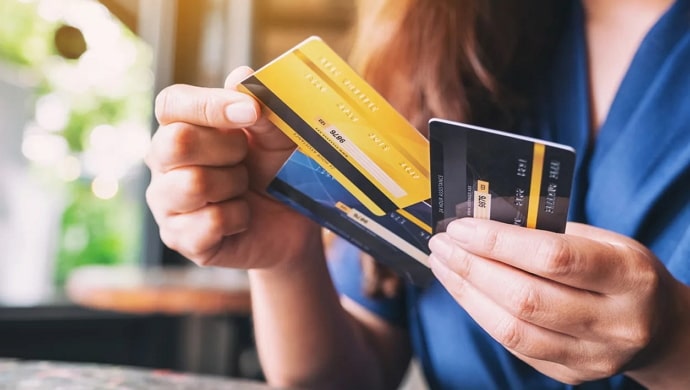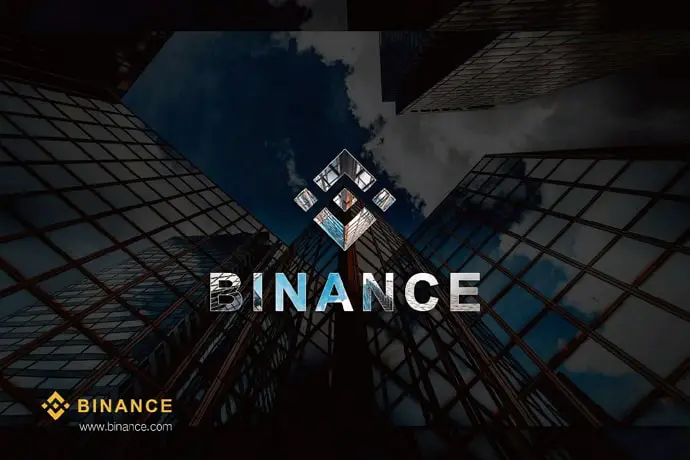If you’re reading this blog, you must have lost your wallet. You hurriedly look through your wallet multiple times to find it but in vain. Since your wallet is the safe place for some of your most priceless things, losing it may be a terrifying experience. You may experience stress as a result, which makes you exposed and vulnerable in every manner.

Credit or debit cards are becoming one of the methods people want to track their misplaced wallets. Buying goods and services online is now easy because of the convenience and popularity of credit and debit cards.
Carrying currency is inconvenient, and online transactions have replaced our custom of calculating change when making purchases.
Do you want to know if debit or credit cards can serve as tracking devices? You’ll need to read through our blog for a detailed analysis.
Can You Track Lost Wallet through Credit Card or Debit Card?
The answer to your question is a resounding no. We are aware that tracking your wallet using a credit or debit card seems like something out of a detective film, but sadly, it is not that easy. Why?
Your credit or debit card does not have an inbuilt tracking chip; therefore, you cannot follow its locations. Modern cards do have embedded EMV chips, which assist in the battle against fraud and enhance card security, but that is pretty much it.
Of course, digital traces are left behind when you use your debit or credit card, but they are more for finance-based matters than for location-based reasons. Although neither credit nor debit cards have a tracking feature, there are a few other techniques you might use to find your lost wallet.
Method 1: Track the transaction history of your cards
The method will be useful if your missing wallet contains your credit and debit cards. Making our debit or credit card secure is what we do first of all after losing our wallet, isn’t it?
Every time we make a purchase with our card, a digital record of the transaction is generated. You must now obtain that record to find out their whereabouts.
Log in to your bank’s mobile applications or online banking accounts whenever you want to view the transaction history. You have to look really hard to observe any odd behavior from your credit or debit card. If you’re lucky, you might learn the merchant’s address and the time of invoicing.
The process will show you when and where your wallet was last used, which might help you narrow down your search.
The strategy can occasionally fail, especially if no one has ever made a transaction using your cards or if real-time location information is inaccurate when payments are made. We’ll now look at how to close these gaps below.
Method 2: Report the lost credit/debit card to your bank
One of the best and safest bets is to contact the bank issuing your debit or credit card to report missing. You must be cautious and responsible as a cardholder and make sure your bank supports your efforts.
It’s time for you to use the 24/7 customer service that the majority of banks now offer for the convenience of their customers. You must be prepared with your basic card information, such as the cardholder name and card number, to make the job of the customer team member easier. Make sure to block your card if any unauthorized transactions are being made using your lost card. You may additionally change your card’s PIN to stop transactions.
Some banks could go the extra mile and use the transaction history to aid in the location-tracking of your cards. They take this measure by monitoring the buyer’s behavior in cases of fraudulent purchases.
Please take additional action and cancel your card to get a replacement if the search takes longer than usual.
Method 3: Contact the law enforcement authorities
The bank frequently works with law enforcement authorities to find your card, which can also help you recover your missing wallet. However, you can take it upon yourself to call the police if they don’t take the appropriate action right away.
In these difficult situations, reporting the full event to the police is essential. You must report the lost wallet occurrence and include a thorough description of the cards and other items in the wallet when you lost it.
Recalling these specifics helps law enforcement authorities to track the card conveniently. They have access to a sizable database and CCTV cameras that may be used to find the person who took your wallet.
Remember that the sooner you report your missing wallet and cards to the police, the more likely you are to recover them.
Method 4: Retrace your steps
You will be busy and worried if you lose your wallet with your cards in it, but please be vigilant since you must play a part in discovering it. Even when there isn’t much you can do to change the situation, doing something is always preferable to doing nothing and speculating about the what-ifs.
We want you to mentally retrace your movements and recall the locations you visited while carrying your now-missing wallet. You must begin your journey backward from the moment you handled your wallet while keeping your cool.
Consider everything, including eateries, public transportation, your office, school, and college. You never know when you could be lucky and successfully locate your wallet using your memory.
In the end
Anyone who loses their wallet is distressed, and having valuables like credit and debit cards doesn’t make matters any easier. If you’re clever, these cards might be a source of light and aid in locating the lost wallet.
We are aware that the approaches we have suggested are laced with uncertainty, but they provide you with the best odds! Well, you never know—your luck could just be on your side, so try them. We hope you find that missing wallet soon!
Also Read:





 Bitcoin
Bitcoin  Ethereum
Ethereum  Tether
Tether  XRP
XRP  Solana
Solana  USDC
USDC  Dogecoin
Dogecoin  Cardano
Cardano  TRON
TRON